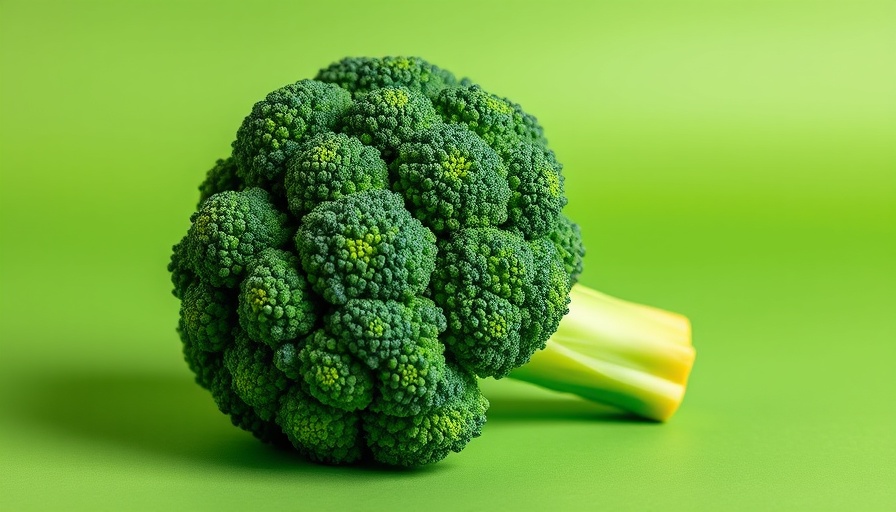
The Surprising Power of Tea: A Natural Ally Against Hypertension
Recent studies reveal that nearly half of all American adults are living with high blood pressure, a condition that significantly increases the risk of heart attack and stroke. As more individuals seek natural ways to manage their health, the question rises: Can drinking tea lower blood pressure?
While traditional medications prescribed for hypertension are essential, healthcare professionals are increasingly recommending lifestyle changes as the first line of defense. Dr. Cheng-Han Chen, an interventional cardiologist from MemorialCare, highlights that dietary modifications are crucial for managing blood pressure. Notably, specific teas—particularly green and black varieties—are catching attention for their potential benefits.
What the Research Says: Tea’s Polyphenols in Action
A standout meta-analysis published in 2020 suggested that consuming green tea could lead to notable reductions in both systolic and diastolic blood pressure. This effect likely stems from the polyphenols found in tea, which enhance the function of endothelial cells and promote the production of nitric oxide, a compound essential for easing blood flow. Dr. Ragavendra Baliga emphasizes that these benefits can lead to modest improvements in blood pressure over time.
Be Mindful: Consult Your Doctor First
It’s imperative to communicate with a healthcare provider regarding any personal blood pressure dilemmas before making changes to your diet or beverage choices. Although tea may help, it should not replace medication prescribed by your doctor. Additionally, each individual may respond differently to dietary changes.
Adding Tea to a Holistic Approach
Incorporating tea into your lifestyle could be a valuable piece of a broader strategy to manage hypertension alongside other changes, like reducing salt intake and increasing physical activity. As people explore natural remedies, understanding each component’s role in their health journey is essential.
Thus, while tea isn’t a miracle cure, its regular consumption may provide a gentle nudge towards better cardiovascular health. So why not put the kettle on? Your future heart health could appreciate the gesture.
 Add Row
Add Row  Add
Add 




Write A Comment